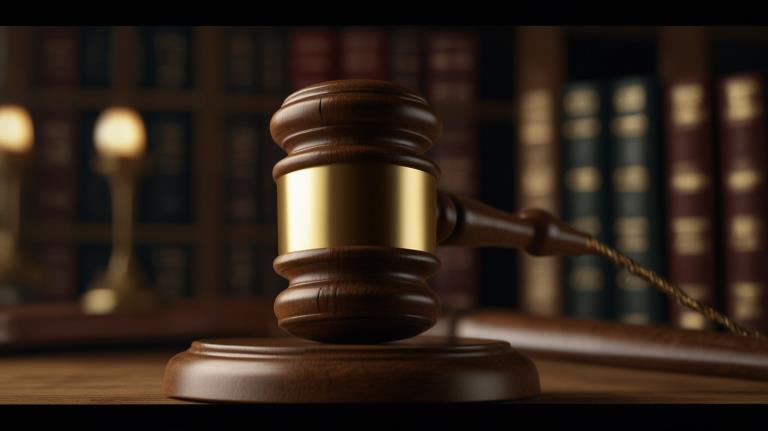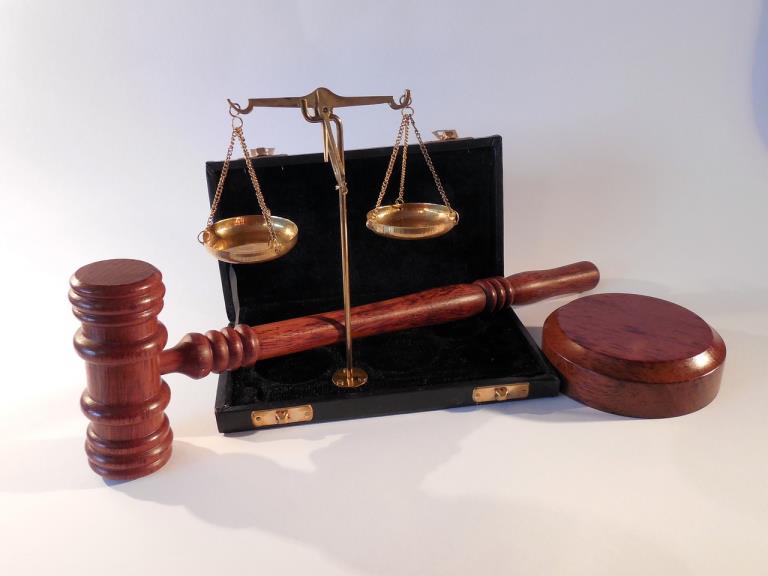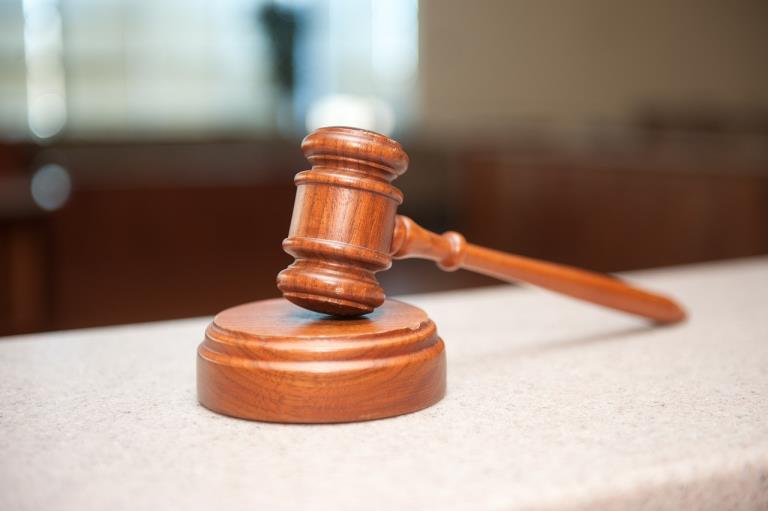Procedures
Court proceedings are the set of steps and rules followed in a court to resolve conflicts or issues between individuals or entities. When someone has a complaint, they file a lawsuit with a judge, who then notifies the other party (the defendant) and gives them the opportunity to respond to the allegations. Next, there is a phase for gathering evidence, where both parties can present documents, testimonies, and any other material that supports their version of events. After this, a trial takes place, during which the judge listens to both parties, analyzes the evidence presented, and makes a decision, known as a ruling, on who is right and what measures should be taken. If either party disagrees with the decision, they can request a review of the case in a higher court, known as an appeal.

Quick trials
Quick trials are a type of judicial procedure used to resolve minor offenses, such as petty theft, driving under the influence of alcohol, or minor injuries. This type of trial allows cases to be resolved quickly, typically within days or weeks, preventing the process from being prolonged. If someone is arrested for a minor crime, they must be brought before a judge within a maximum of 72 hours.
In the trial, simpler and faster steps are carried out, and if the person admits their guilt, they can reach an agreement with the prosecutor for a reduced penalty.

Criminal courts
The criminal courts are tribunals that handle offenses that are not very serious, such as theft, assault, or driving under the influence of alcohol. These cases typically carry penalties of no more than 5 years in prison. Their main task is to assess the facts and determine whether the accused person is guilty or not. After hearing both parties and reviewing the evidence, the judge makes a decision and issues a ruling that may include prison sentences, fines, or alternative measures. If either party disagrees with the judge's decision, they can request that a higher court review the case.

Provincial court
The Provincial Courts are tribunals in Spain that are responsible for resolving legal cases within each province. They act as higher instances than the courts of first instance and criminal courts, meaning they handle more complex cases or review decisions made by these lower courts. Their main function is to judge more serious crimes, which may carry prison sentences of more than 5 years. In addition, they review appeals from individuals who disagree with the rulings of lower courts, giving them the opportunity to request a review of their case. Each Provincial Court has sections that deal with civil matters (such as disputes between individuals) and criminal matters (offenses).

National court
The National Court is a tribunal in Spain that has the responsibility of judging important cases that affect the entire country, not just a province. It handles serious crimes such as terrorism, serious economic offenses, corruption, and crimes committed abroad, such as genocide or international drug trafficking. Additionally, it judges crimes that affect the royal family and high government officials. The National Court is divided into different chambers, each specialized in areas such as criminal law, administrative litigation, and social law, allowing judges to handle cases with expertise.

Contact
Call us at (+34) 633 30 20 56 or send us an email from the our contact section to tell us your needs and coordinate the services you require.
We adapt to your changing needs, ensuring we provide a flexible, personalized and quality service.

